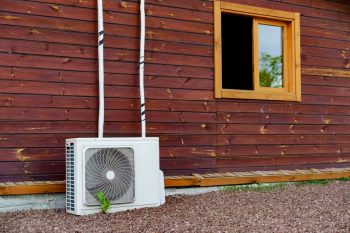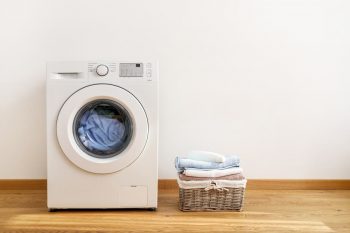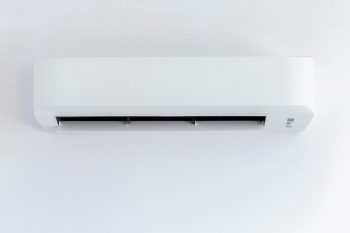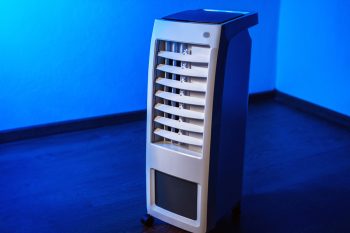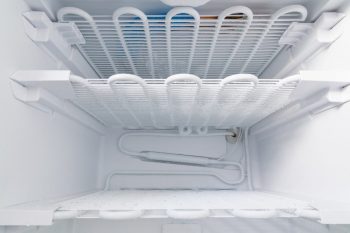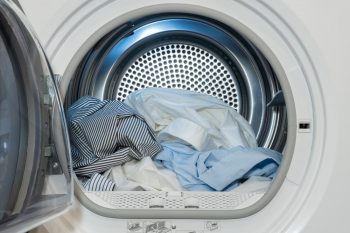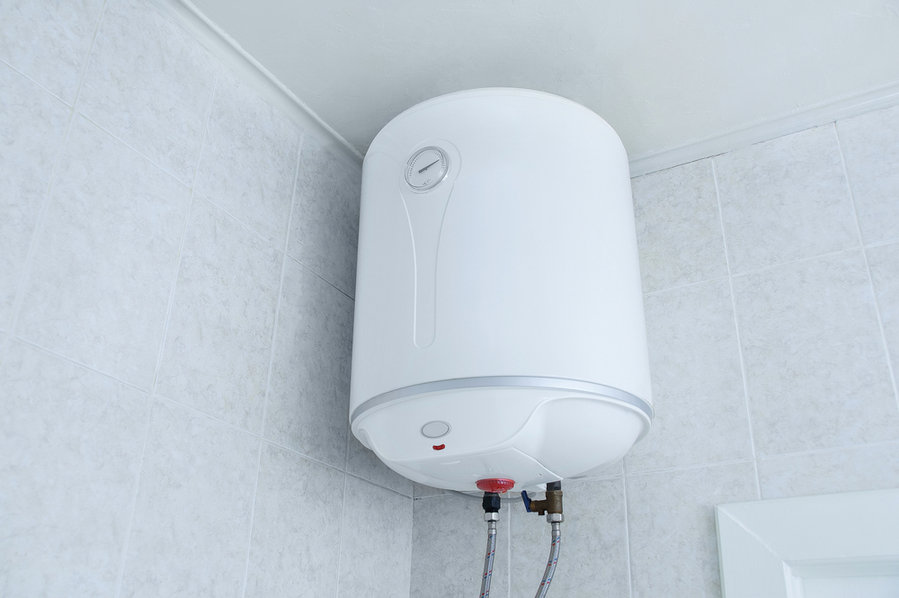
Have you been noticing the odd sounds coming from your water heater? Unfortunately, there comes a time in every heater’s lifespan when it needs to be replaced.
Some signs will often pop up in the days and months before you are faced with replacement. Don’t wait until your water heater gives out.
Your water heater is an important asset to your home, but it is not something you should take for granted. Without a skilled eye to oversee it, there is a good chance you will have to pay more money than you need to down the road.
Therefore, knowing the signs when your water heater needs a replacement is vital.
Here are a few:
- The temperature of your water isn’t staying consistent.
- You hear rumbling or popping noises.
- You have rust-colored hot water.
- Strange odors in your water.
- Your water heater is more than ten years old.
Paying attention to your water heater could help avoid expensive repairs.
Don’t wait till your shower goes cold before you replace an old and malfunctioning water heater.
Before buying a new water heater, several signs should not act as red flags. Take a look at this article which sheds more light on some signs.
Signs Your Water Heater Needs a Replacement
We’ve all been in a position where we had to replace our water heater. Whether you replace it or have a plumber do it, it’s always a major inconvenience.
However, some signs will help you tell if your water heater needs a replacement.
Here are ten signs your water heater needs a replacement:
1. The Water Heater Is Leaking
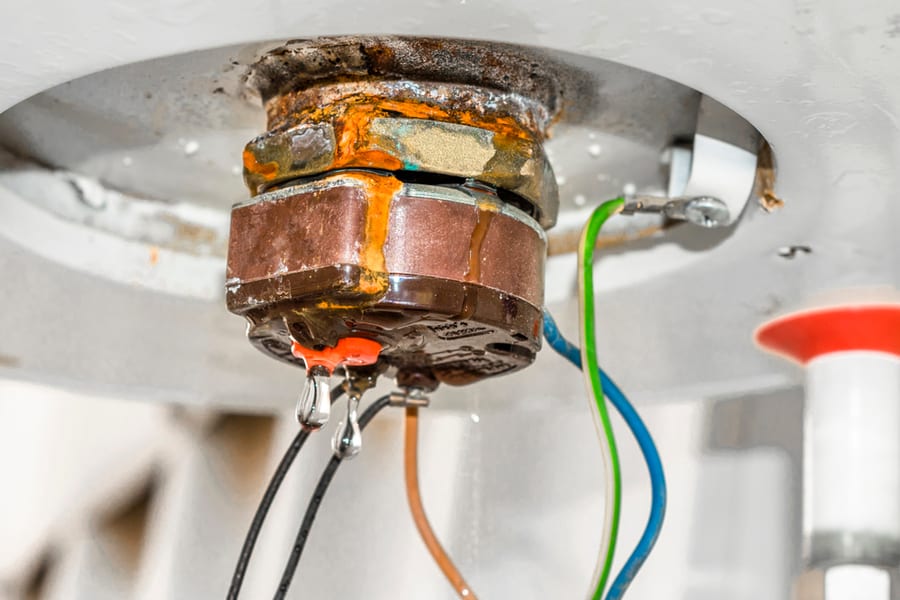
Water heaters are designed to work at high temperatures and pressure, so they can leak when something goes wrong with the tank or the piping system. Leaks can be small or large.
This can be very dangerous because it can cause a lot of damage to your home and property. If you notice any leaks, make sure that you get in touch with a plumber immediately so that they can repair the leak before more damage occurs.
If a pipe breaks inside your unit, you could risk exposure to dangerous gases like carbon monoxide or hydrogen sulfide.
Not only do these gases pose a health risk, but they also cause damage to your home if they are not contained properly.
2. You Run Out of Hot Water Quickly
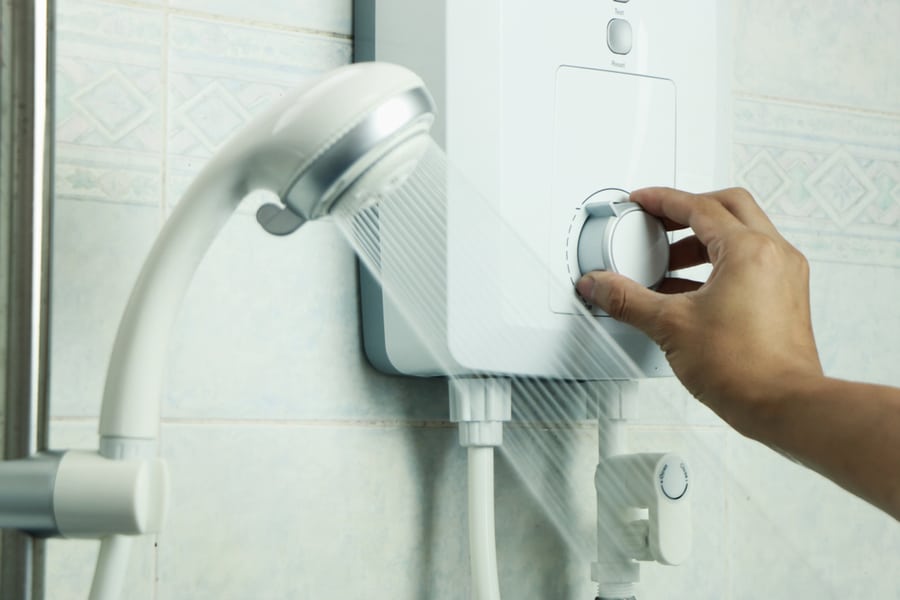
If your family loves baths or showers and takes them a few times a day, then there may come a time when you find yourself running out of hot water.
For example, if someone gets up early and takes their shower before everyone else wakes up, there might not be enough hot water left when everyone in the house wants to shower or bathe. This can lead to a long wait time.
If you find yourself waiting in line for the shower or running out of hot water before you are done doing laundry, it may be time to consider upgrading.
A new high-efficiency water heater can save up to 30% on your monthly energy bill and reduce carbon emissions by up to 40%.
3. The Water Heater Is Making a Noise

You might hear sounds like gurgling or hissing when you turn on the water heater. If your water heater makes unusual noises, it can indicate a problem.
It’s not uncommon for older water heaters to start making noises as they age. The following are some of the more common noises that indicate that your water heater is ready for replacement:
- If you hear rattling or banging sounds from your water heater, it could be due to sediment buildup within the tank. Sediment buildup can also cause corrosion on the tank walls, which may cause leaks in the future.
- Air bubbles usually cause gurgling sounds in the bottom of the tank, which can be resolved by adding an air vent near the bottom of your water heater.
4. The Water Heater Is Over 10 Years
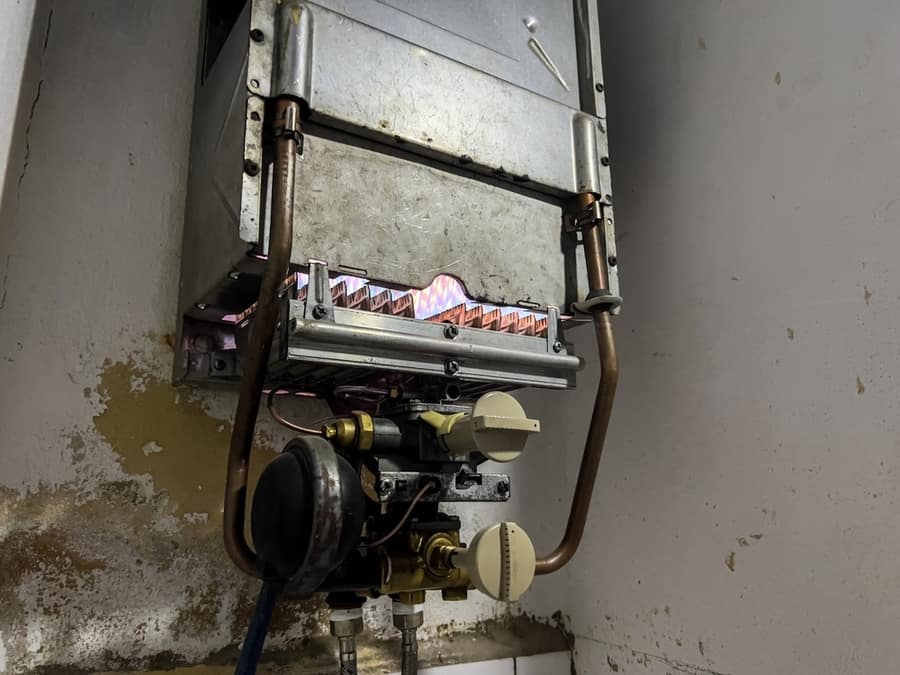
If your current water heater is over ten years old, it may be time for an upgrade. As time passes, tanks become less efficient and lose their ability to heat water quickly and efficiently.
Additionally, older tanks can be more prone to leaks and other issues that can cause them to fail or bust unexpectedly.
Many people choose to replace their tanks once they reach this age because they want newer technology and better system efficiency.
5. Discolored Water
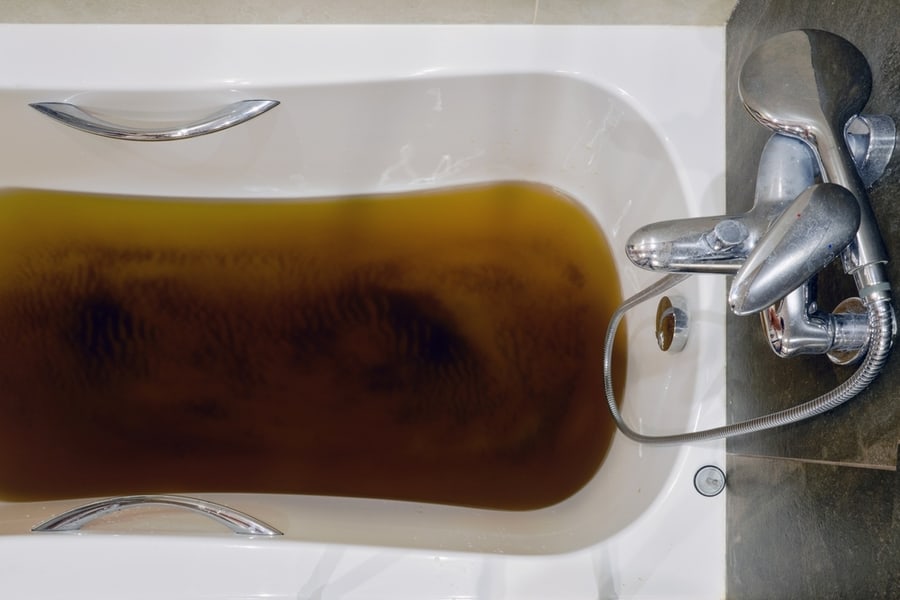
Water that is discolored can be an indication of a problem with your water heater. If the water is brown or rusty, there are two possible causes: sediment buildup and mineral deposits.
Sediment buildup occurs when the tank has been neglected and allowed to fill up with sediment. The sediment particles settle on each other and appear as brown sludge at the bottom of your tank.
Mineral deposits occur when a particulate or non-particulate substance enters your water supply. These minerals react with the heating elements inside your tank, causing them to become discolored over time.
6. If It Produces Smelly Water

If your water heater produces smelly water, it could mean a problem with the tank.
The smell might be caused by bacteria growing inside the tank or sediment building up at the bottom of the tank.
If you smell a foul odor from your water heater and have recently had a plumbing repair, consider changing your water heater.
7. There Is Damage to Its Interior or Exterior
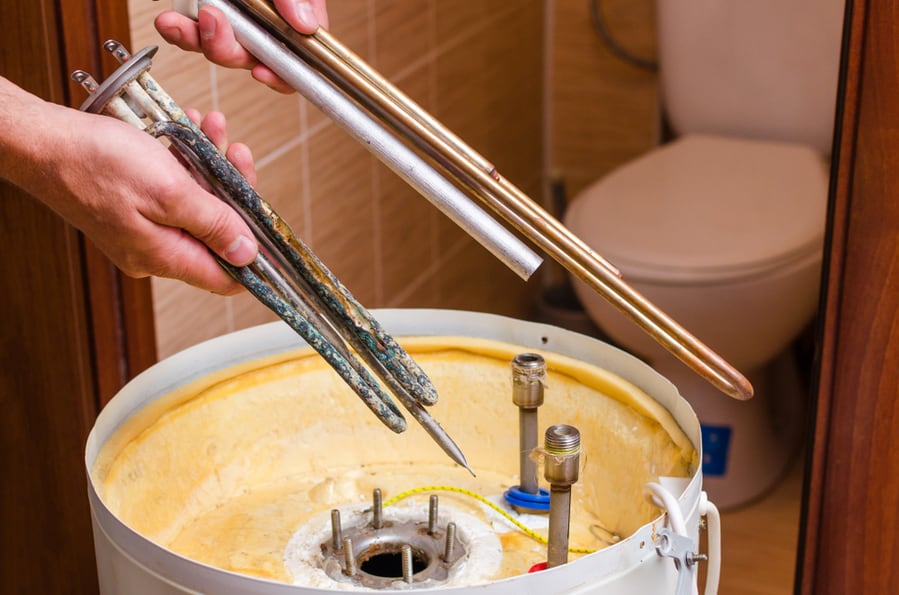
If there is damage inside the tank, it could be a sign that something is wrong with the heating element. This could cause your tank to leak, leading to mold growth and bacteria in your home.
If there is damage on the outside of the tank, this could be a sign that there is corrosion in the tank and that it should be replaced immediately.
If your tank has been leaking for some time, it’s likely too late, and you will need to replace it anyway.
8. When You Notice Your Hot Water Pressure Is Low
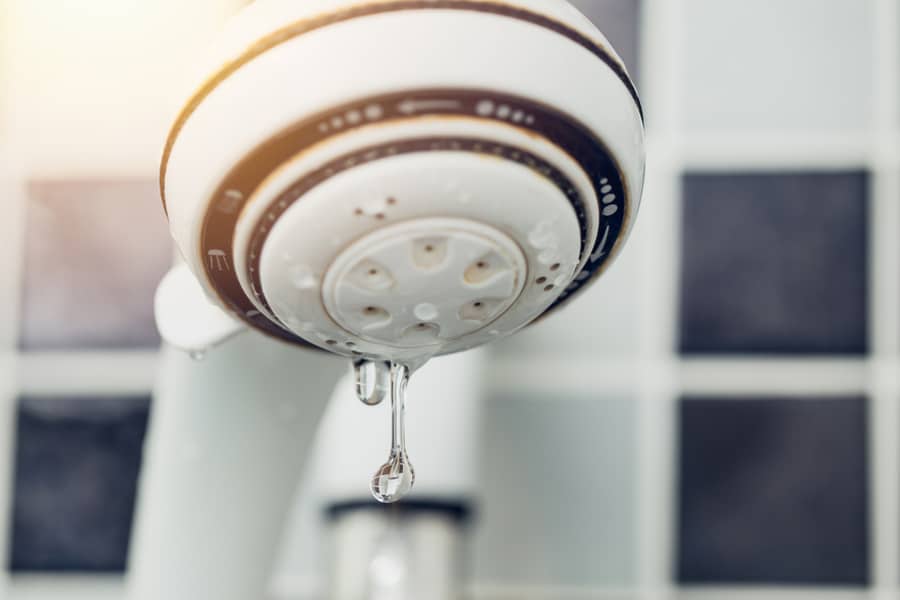
Chances are that the water heater is on its way out if you notice your hot water pressure is low or inconsistent.
When the heating element malfunctions or becomes corroded, it can’t produce enough heat to keep up with demand, which results in lower pressure.
9. If You See Any Rust Inside the Tank
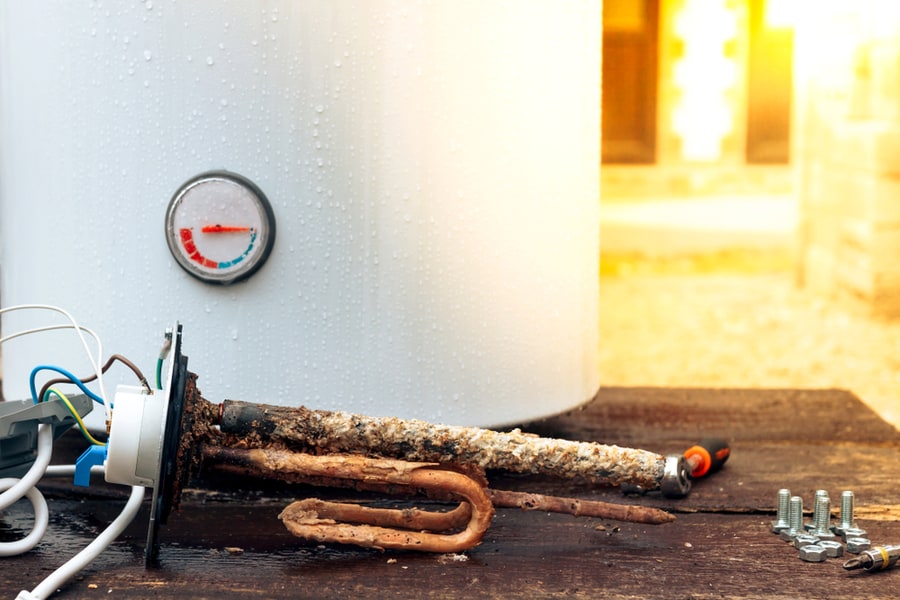
Rust is a sure sign that your tank is getting old. Tanks rust from the inside out, so you can only see the rust once it has grown large enough to see through the glass.
If you notice rust inside your tank, it’s probably time for a replacement.
Rust is a very common problem with water heaters. It happens when minerals like iron settle at the bottom of the tank and start eroding over time.
If this happens, there is not much point in repairing your water heater, as it will worsen over time.
10. The Pilot Light Looks Yellow Instead of Blue
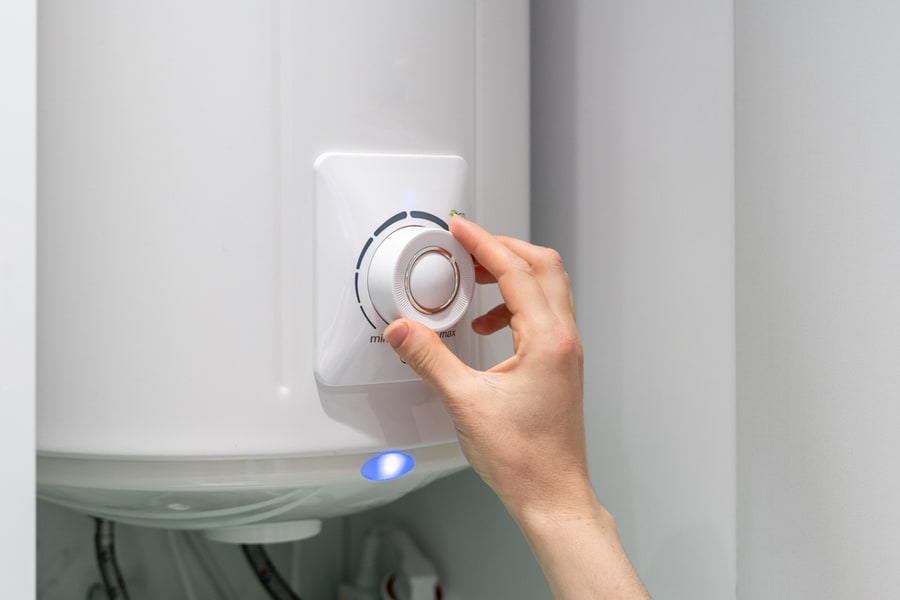
If your pilot light looks yellow instead of blue and doesn’t stay lit, that usually means there’s an issue with the heating element.
This tells you that the gas will not ignite and stay on. For example, the pilot light won’t stay lit because of a blockage in the gas line or clogged jets in your water heater.
You may hear a clicking sound when you turn on the thermostat, which indicates that the igniter is trying to spark but cannot.
If the element is dirty or clogged with minerals, it won’t heat up properly and will emit a yellow light instead of a blue one.
Conclusion
As water heaters age, they lose their ability to function at peak efficiency. So, unfortunately, you’re probably paying more for hot water than you need. On top of that, there’s a greater chance you’ll run into maintenance or repair costs.
Whether you realize it or not, your water heater can be dangerous if it’s old and malfunctioning.
The signs mentioned above are easily fixable and preventable in most cases. However, ignoring these warning signs, you could have an outdated, dangerous, and useless water heater.
Now that you know ten signs that show your water heater needs a replacement. It’s time to inspect your water heater and decide whether it needs a replacement.
Frequently Asked Questions
What Are the First Signs of a Water Heater Going Bad?
The first signs that show your water heater is going bad are:
- First, you notice a change in the water temperature. For example, if you live in a cold climate and want to shower, you’ll notice that the water is not as warm as it used to be.
- When you notice the water coming out of your faucet has an odor or taste. This can be caused by bacteria growing in your pipes due to hot water sitting for too long.
- Another way to tell if your water heater is going bad is if it leaks or makes strange sounds.
How Often Does a Water Heater Need To Be Replaced?
In most cases, it’s good to replace your water heater every 8-12 years. This will depend on the quality of your home’s plumbing and how much use the water heater gets.
If you live in an area with hard water, your water heater may need to be replaced more often than someone who lives in an area with soft water.

